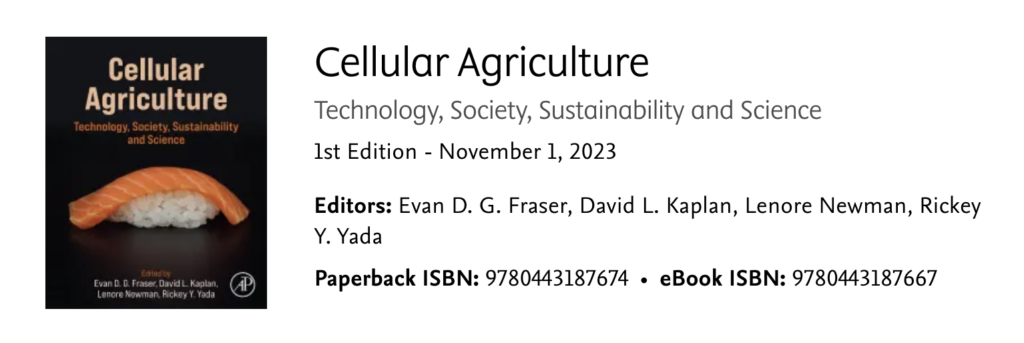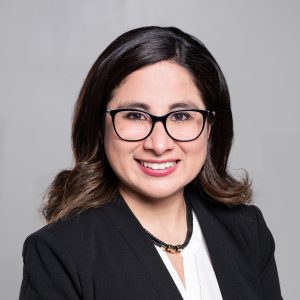It’s finally here!
After more than two years in the making, we are thrilled to announce the publication of the foundational cellular agriculture textbook.
Our vision was to create the go-to, comprehensive reference for everyone in the field; the book found in every company’s office, in every academic lab, and in every aspiring student’s backpack.
Dr. Evan Fraser, Dr. Lenore Newman, Dr. Rickey Yada, and Dr. David Kaplan co-edited the first edition with invaluable support from New Harvest.
Across thirty-three chapters, this book covers all aspects of cellular agriculture, from technical topics to social, legal, and ethical dimensions, all written by a diverse group of industry and academic experts.

***Pre-Order the Textbook Today!***
Cellular Agriculture: Technology, Society, Sustainability and Science will raise the baseline of understanding, facilitate the onboarding of new industry hires, and serve as the cornerstone of every university course dedicated to this groundbreaking subject.
You might ask, “why does New Harvest support a closed book?”
For those tuned into the academic publishing world, you may notice that opting to publish with Elsevier challenges our organizational commitment to “defaulting to open.” Even though publishers are trying to adopt more open access policies, the reality is that the business of academic publishing – and the impact of academic success metrics – are more complex than we expected. They do not inherently foster an environment that encourages true open access.
During our journey, we explored all avenues to make this textbook open access with Elsevier – including paying a $60k+ fee, which didn’t feel like an appropriate solution. Therefore, we decided the book – and the authors – would benefit from a publisher capable of ensuring the widest distribution to establish the foundational work in the field. In the meantime, we are actively diving into the realm of open access to better understand policies, models, and options to make our resources accessible without just “buying” into the current system.
So, what is the best way to access the textbook without purchasing it? Through the old fashioned library system. Reach out to your local or university librarian and ask if they take requests. Some libraries require physical proof of demand before they will order books. Go to your library’s website (or library system) and look for a section called “Recommend a Title,” “Suggest a Title for Purchase,” etc. It’s often in the Contact Us tab.
We believe this book will raise the baseline of understanding, facilitate onboarding new industry hires, and serve as the cornerstone of every university course dedicated to this groundbreaking subject.
Our deepest gratitude goes to Richard Carlson and Erin Culley for making New Harvest’s role in this project possible. And major thanks to Dr. David Kaplan, who has generously chosen to donate his royalties from the textbook directly to New Harvest.


